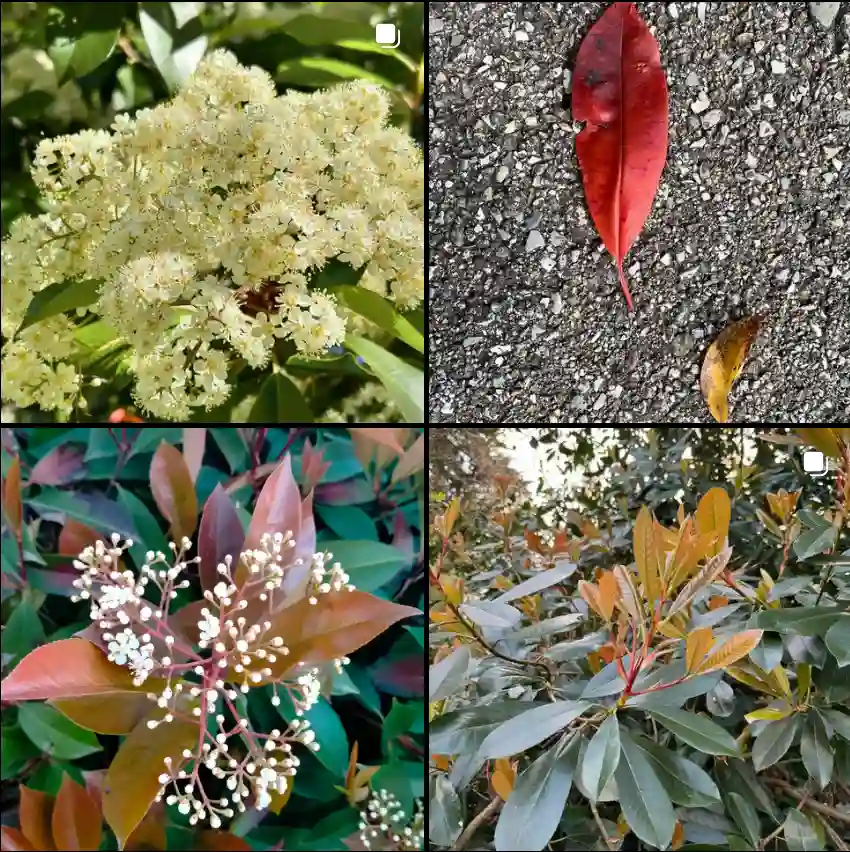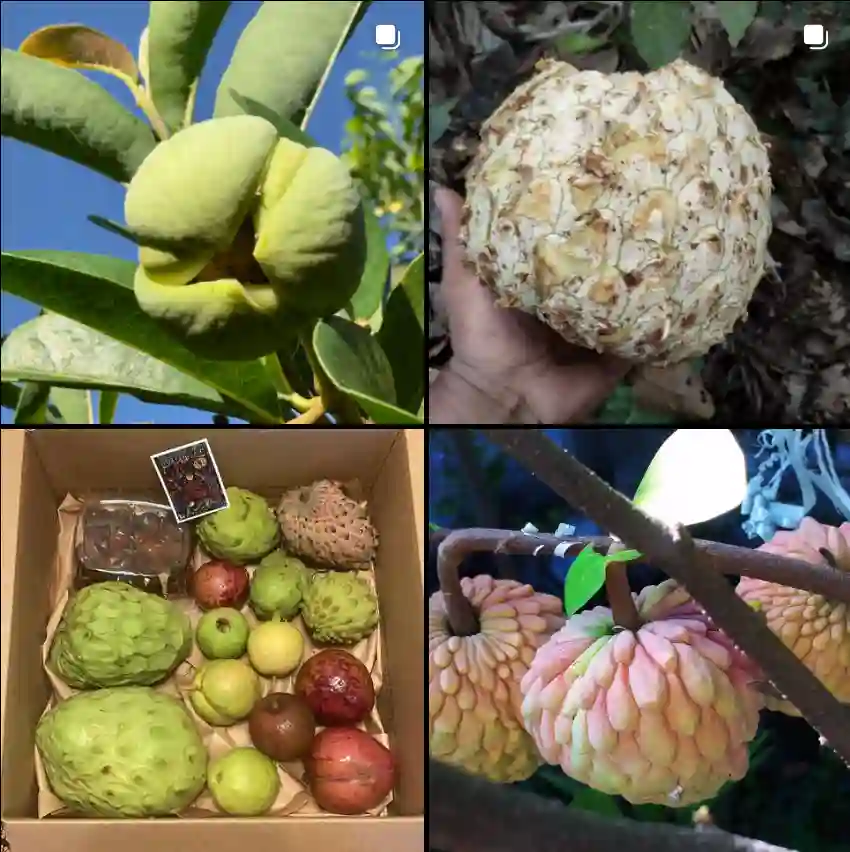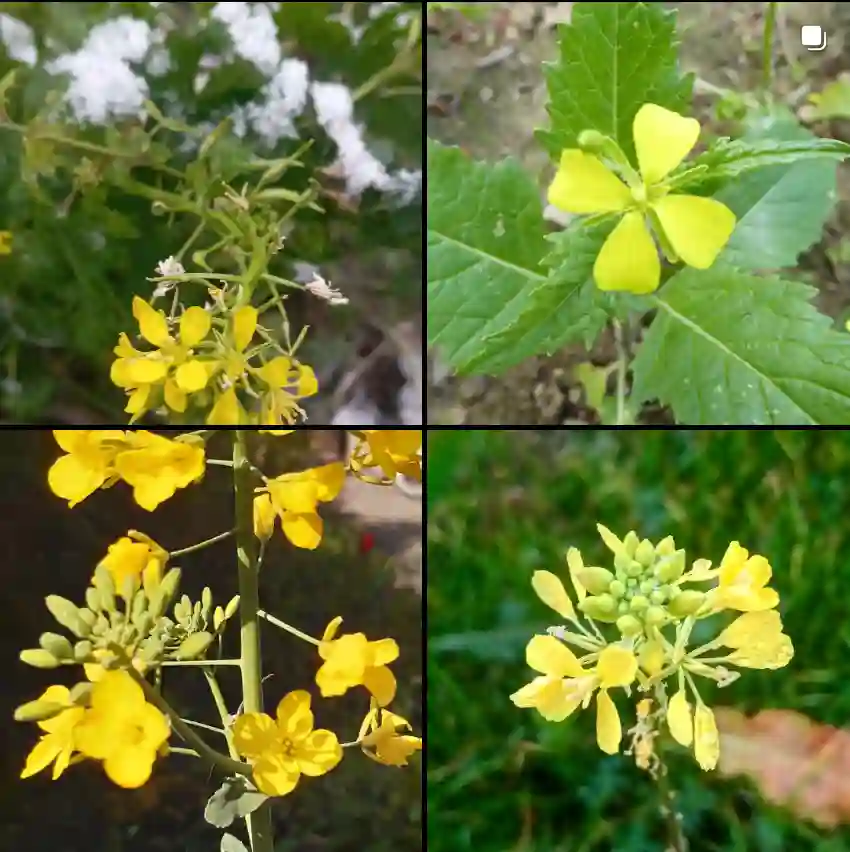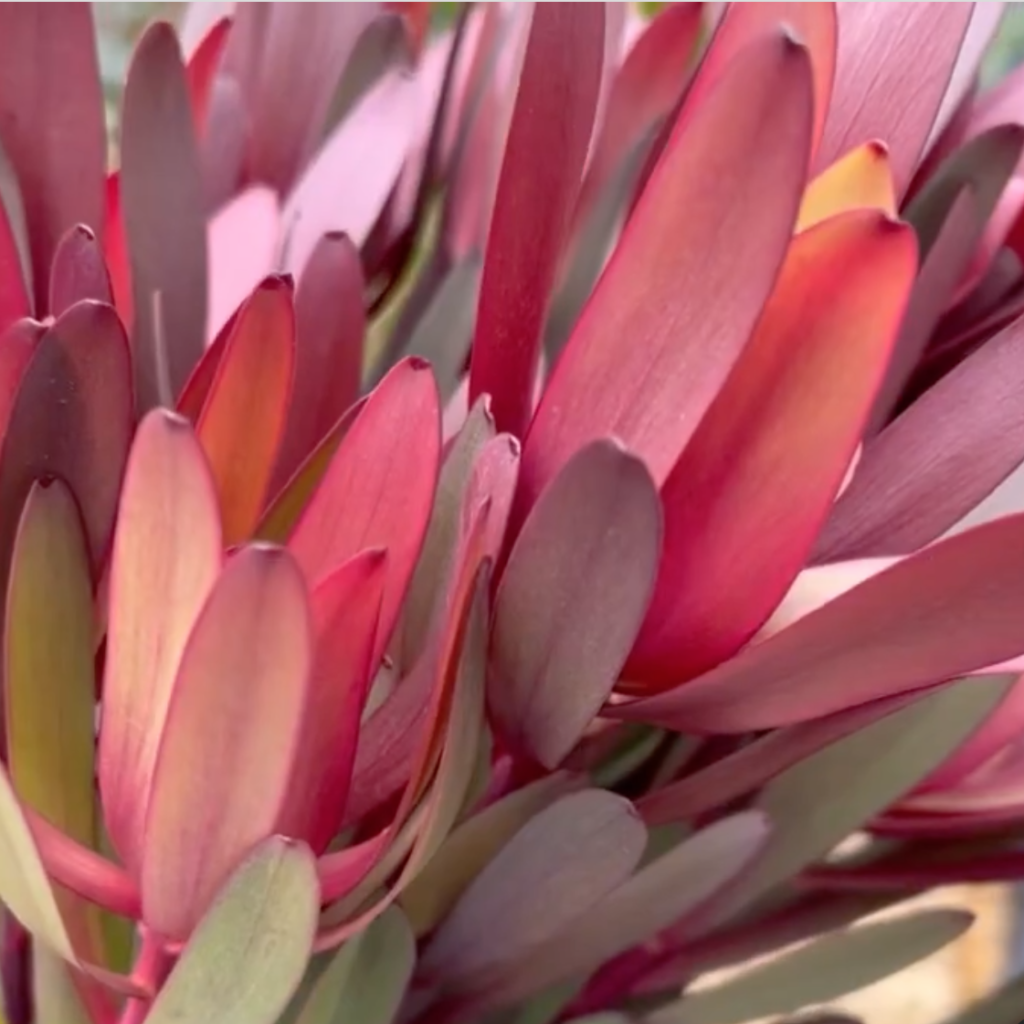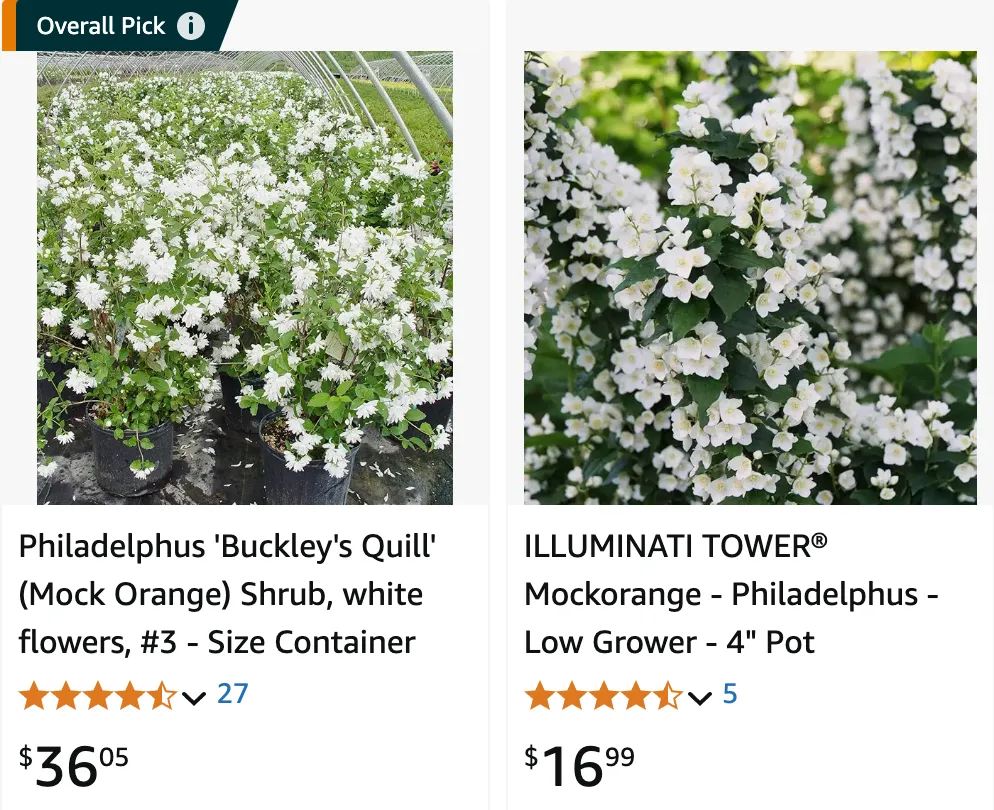
April 28 – Philadelphus
"Philadelphus, the mock orange, defines April 28."
Philadelphus stands for purity and joy. You have a fresh and uplifting spirit, often bringing light and happiness to those around you. Like this flower, you exude an irresistible charm.
The Sweet Scent of Mock Orange: A Deep Dive into Philadelphus
My name is Ferb Vu, and I’ve always been drawn to the captivating fragrance of mock orange blossoms. These beautiful shrubs, belonging to the genus Philadelphus, have graced gardens for centuries, their sweet perfume filling the air with a touch of summer magic. Today, I want to share my fascination with this diverse genus, exploring its characteristics, popular species, and what makes it so special.
What is Philadelphus?
Philadelphus, commonly known as mock orange, is a genus of deciduous shrubs in the Hydrangeaceae family. Native to North America, Central America, Asia, and parts of southeastern Europe, these shrubs are beloved for their profuse blooms and intoxicating scent, often reminiscent of orange blossoms (hence the common name). They typically feature simple, opposite leaves and clusters of white or cream-colored flowers with four petals.
A Diverse Genus
The genus Philadelphus encompasses a wide array of species, each with its own unique charm. Some are compact and bushy, while others are tall and arching. Here are:
- Philadelphus affinis Schltdl.
- Philadelphus asperifolius Körn.
- Philadelphus brachybotrys (Koehne) Koehne
- Philadelphus calcicola S.Y.Hu
- Philadelphus calvescens (Rehder) S.M.Hwang
- Philadelphus caudatus S.M.Hwang
- Philadelphus coronarius L. Plant FAQs: Mock Orange – Philadelphus Coronarius
- Philadelphus coulteri S.Watson
- Philadelphus dasycalyx (Rehder) S.Y.Hu
- Philadelphus delavayi L.Henry
- Philadelphus henryi Koehne
- Philadelphus hirsutus Nutt.
- Philadelphus incanus Koehne
- Philadelphus inodorus L.
- Philadelphus kansuensis (Rehder) S.Y.Hu
- Philadelphus karwinskyanus Koehne
- Philadelphus kunmingensis S.M.Hwang
- Philadelphus laxiflorus Rehder
- Philadelphus lewisii Pursh Plant FAQs: Lewis’ Mockorange – Philadelphus Lewisii
- Philadelphus lushuiensis T.C.Ku & S.M.Hwang
- Philadelphus maculatus (C.L.Hitchc.) S.Y.Hu
- Philadelphus mearnsii W.H.Evans ex Rydb.
- Philadelphus mexicanus Schltdl.
- Philadelphus microphyllus A.Gray
- Philadelphus myrtoides Bertol.
- Philadelphus palmeri Rydb.
- Philadelphus pekinensis Rupr.
- Philadelphus pringlei S.Y.Hu
- Philadelphus pubescens Loisel.
- Philadelphus pueblanus S.Y.Hu
- Philadelphus purpurascens (Koehne) Rehder
- Philadelphus reevesianus S.Y.Hu
- Philadelphus sargentianus S.Y.Hu
- Philadelphus satsumi Siebold ex Lindl. & Paxton
- Philadelphus schrenkii Rupr.
- Philadelphus sericanthus Koehne
- Philadelphus serpyllifolius A.Gray
- Philadelphus subcanus Koehne
- Philadelphus tenuifolius Maxim. & Rupr.
- Philadelphus tetragonus S.M.Hwang
- Philadelphus texensis S.Y.Hu
- Philadelphus tomentosus Wall. ex G.Don
- Philadelphus tsianschanensis F.T.Wang & S.X.Li
- Philadelphus yangjiaensis Y.T.Zhao & H.Xie
- Philadelphus zhejiangensis S.M.Hwang
Why I Admire Philadelphus
My admiration for Philadelphus stems from several factors:
- Fragrance: The sweet, citrusy scent of mock orange blossoms is simply enchanting. It has the power to transport me back to carefree summer days, evoking a sense of nostalgia and joy.
- Beauty: The pure white or creamy flowers of Philadelphus create a stunning display against the backdrop of lush green foliage. Whether planted as a single specimen or in a mixed border, they add a touch of elegance to any garden.
- Resilience: Mock oranges are generally low-maintenance and hardy shrubs, able to withstand various conditions. They thrive in full sun to partial shade and tolerate a range of soil types.
- Versatility: Philadelphus can be utilized in numerous ways in the landscape. They can be grown as hedges, screens, or specimen plants. Their arching branches also make them suitable for informal settings or woodland gardens.
Cultivating Philadelphus
Growing Philadelphus is relatively straightforward. They prefer well-drained soil and benefit from regular watering, especially during dry periods. Pruning after flowering can help maintain their shape and encourage bushier growth. While generally pest-free, they can occasionally be susceptible to powdery mildew or leaf spot, which can be managed with proper care and treatment.
Beyond the Garden
The appeal of Philadelphus extends beyond its ornamental value. The flowers attract pollinators like bees and butterflies, contributing to the biodiversity of the garden. In some cultures, mock orange blossoms have been used in traditional medicine or to create fragrant oils and perfumes.
A Timeless Classic
In a world of fleeting trends, Philadelphus remains a timeless classic. Its beauty, fragrance, and resilience have secured its place in gardens for generations. Whether you’re a seasoned gardener or just starting out, I encourage you to experience the magic of mock orange for yourself. Plant one in your garden, and let its sweet perfume transport you to a world of summer bliss.
If i die, water my plants!
